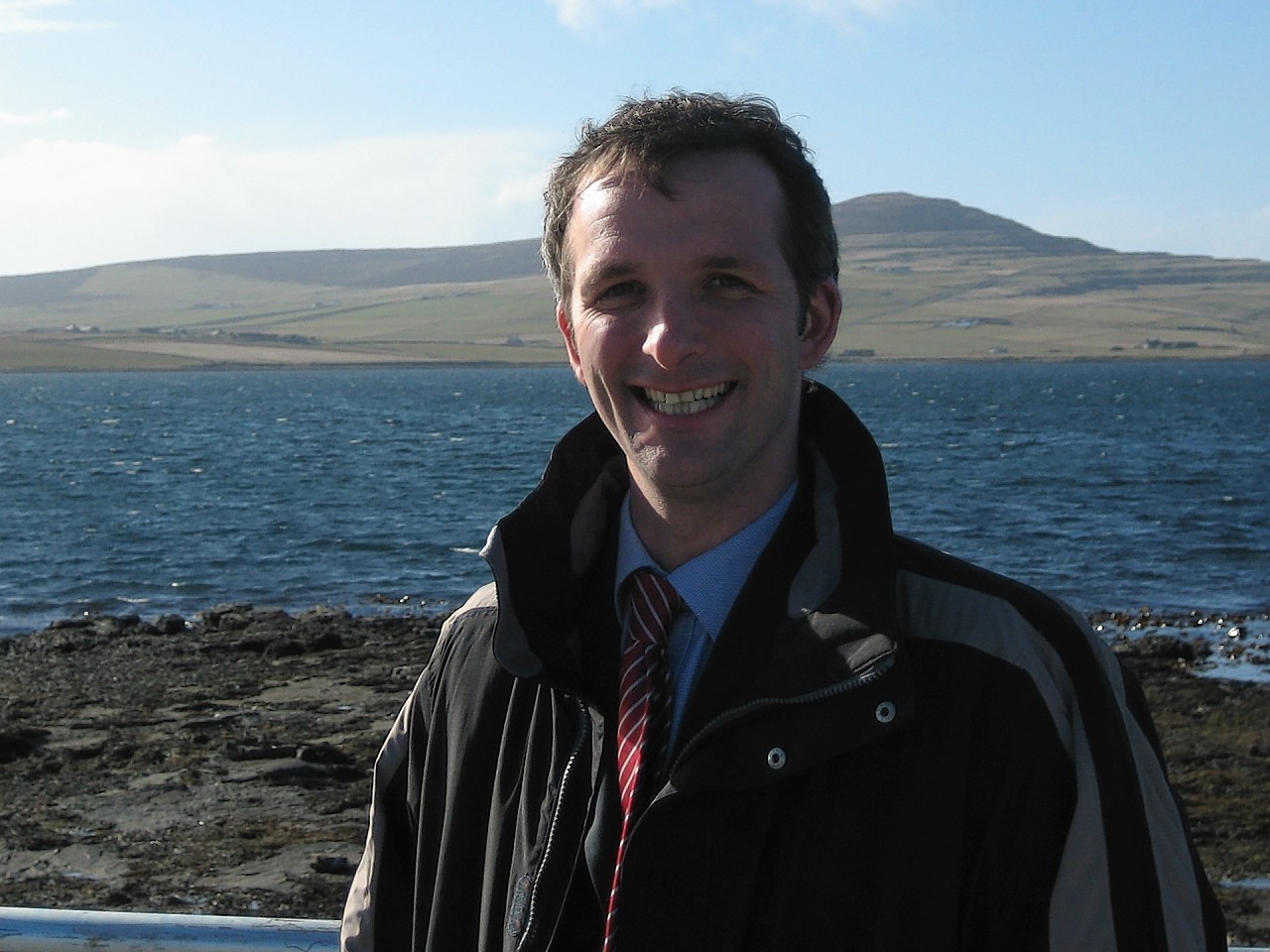A closure-threatened veterinary laboratory in Inverness could win a reprieve and be replaced by a new facility in the city.
Rural Affairs Secretary Richard Lochhead signalled the move in a letter to Liam McArthur MSP yesterday.
The Orkney representative contacted the SNP minister, highlighting concerns about the impact its closure could have had on the ability of farmers and vets to get timely access to diagnostic and veterinary advice and support.
The lab is responsible for animal disease surveillance and carrying out post-mortems on livestock for northern Scotland.
Staff at the facility also investigate the deaths of marine mammals such as whales, dolphins and porpoises.
Closing the lab was suggested in consultation on the future of animal disease surveillance in Scotland.
Scotland’s Rural College (SRUC), which oversees the services, said previously that it was looking at alternatives to closure following protects from farmers and vets.
In the letter to the MSP, Mr Lochhead said SRUC was exploring the proposal to retain the lab until a new facility in Inverness became available.
Mr McArthur said: “There are few parts of the country that rely as heavily as Orkney on livestock farming. The need for good disease surveillance and access to timely veterinary advice and support is therefore all the more crucial.
“A reorganisation of the network of disease surveillance centres has been under consideration for some time. This included proposals to close the lab facility in Inverness, something that gave rise to fears amongst farmers and vets across the Highlands and Islands.
“Here in Orkney, there were similar concerns that any further centralisation could result in reduced or delayed access to the expertise and service available through the Inverness centre. It is therefore encouraging to hear confirmation from the Minister that these plans are to be put on hold.
“Hopefully, this will enable further thought to be given to how best to structure disease surveillance across the region. A continued post-mortem facility in Inverness, however, is a good basis from which to start.”
